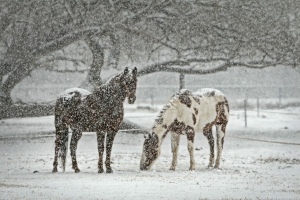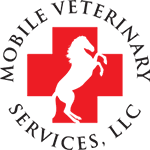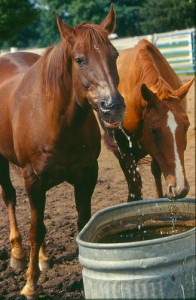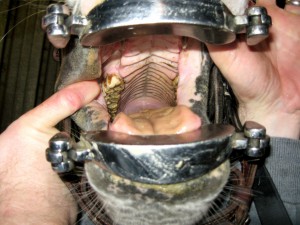This is Part 3, and the conclusion of our Colic Series. If you missed Part 1, you can read it here for a basic overview of equine GI anatomy, the difference between medical and surgical colic, and some colic causes.
For what to expect financially from a colic episode, how to plan, and some of the more common causes of colic we see here in Colorado, click here for Part 2.
Today, we’ll be talking about what you can do as horse owners to help prevent colic.
In part 2 of the colic series, we covered the “common” causes of colic on the Front Range, particularly here at Mobile Veterinary Services. Unfortunately, there is no ‘magic’ formula to keep colic out of your barn, but there are a few precautions that can certainly reduce your risk.
Consistency
The first and most important rule is to understand that horses thrive on consistency. Keeping their routine as routine as you can is imperative -from feeding amounts and times to their turnout and exercise program. If you do have something that is changing (a new load of hay for example), monitor them closely and try to make that change over several days.
Weather can be a trigger as well -with winter firmly settled in here in Colorado, our weather fluctuations are constant and unrelenting. It’s common to see 5 below zero one day and 50 degrees 2 days later. These constant changes are terribly difficult on horses and their bellies! Consistency in every other aspect of their lives can help to mitigate the effects of the things, like weather, that we cannot change.
common to see 5 below zero one day and 50 degrees 2 days later. These constant changes are terribly difficult on horses and their bellies! Consistency in every other aspect of their lives can help to mitigate the effects of the things, like weather, that we cannot change.
Water is imperative to all life. Domesticated horses who live on hay have had most of the water they would naturally consume (via live grasses) removed from their diet. As a result, our horses need access to liquid water at all times, whether this means keeping the ice off in the winter so they always have access, or keeping plenty of it available in the summer. Restriction from water for even as little as 2-3 hours can drastically increase chances of colic issues.
Dietary habits and changes
Hay diets and domestication have also led to horses eating larger, more infrequent meals. Horses are designed to graze all day, and a horse on pasture or in the wild will be grazing 18-20 hours per day. This constant eating keeps the large colon full and occupied, and the GI tract working optimally.
Although domesticated horses may be “getting enough calories,” they are consuming them over a much shorter period of time, which could potentially increase colic risk as the GI tract experiences being full, then empty, then full – not a normal state of affairs for the horse.
Parasites
Parasite infestation is a known risk factor for colic so deworming is a very important part of not only good husbandry, but also good colic prevention!
Fecal egg counts can determine whether your horse is a low, medium, or high shedder, allowing you to tailor your deworming program accordingly to your horses’ needs (instead of blanket deworming which can contribute to parasites building resistance to dewormers, rendering the dewormers ineffective).
Sand
With good preventive measures, sand can be eliminated as a risk factor. The problem simply needs to be identified. In our practice area, it doesn’t necessarily mean that you have “sand” where your horses eat. We have seen horses in the mountains of Colorado living on a hillside end up with sand in their colon. Decomposed Granite (DG) can act just like sand!! Commercial preparations of psyllium hulls fed on a regular basis can squelch the issue.
Dentition
Like deworming on an appropriate schedule, regular and appropriate dental care is imperative to a good colic prevention program. If your horse can chew his food well, it can reduce his colic risk, not to mention increase feed efficiency.
Senior horses can be particularly prone to this issue, but it can affect any horse of any age. Horses under the age of 5, and seniors should have their teeth checked every 6 months. Horses in their prime with good mouths can probably go a year.
There is no way to eliminate the risk of colic in horses… unless you are on a carousel. But with good management and some preventative measures, you can significantly reduce the risk. Again, the best advice we can give is that horses thrive on consistency, and the more consistent we are in all things we do “horse,” the happier our horses are!





